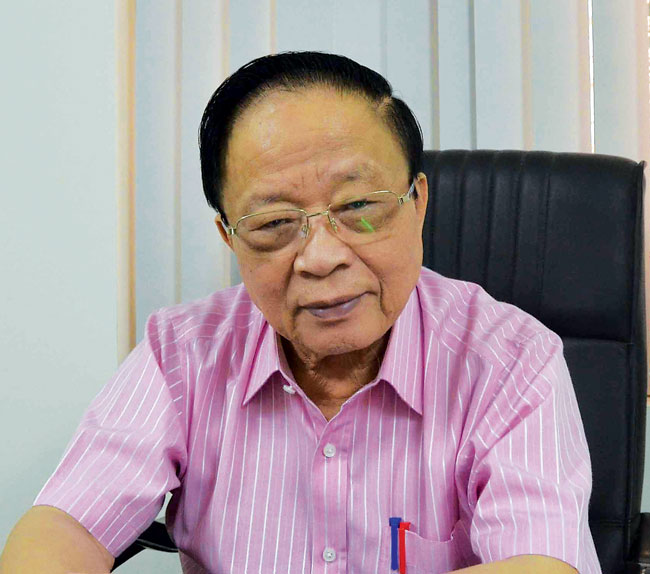
Mr. Tran Viet Ngai
Mr. Tran Viet Ngai – Chairman of Vietnam Energy Association:
A national development master plan should be made public
Vietnam is evaluated to have a large potential for solar energy development. Nevertheless, to realize the potential, a Renewable Energy Development Master Plan in general and a Solar Energy Development Master in particular should be established in an early manner. Based on the master plan, investors shall have specific investment orientations.
However, it should be noted that despite the extent to which solar energy develops, it can’t be a key energy source in the national power system, its role will be only to assist flattening the system’s load in peak hours.

Ms. Nguy Thi Khanh
Ms. Nguy Thi Khanh – Director of Green Innovation and Development Center (GreenID):
A breakthrough policy for solar energy market should be in place
Lack of policies for connection, net metering, direct purchase of electricity from renewable energy in general and solar energy in particular impedes the interests of investors as well as the involvement of households, enterprises and the society.
More than ever before, Vietnam really needs breakthrough policies for developing solar energy market. The State should promulgate a Grid code, encourage “socializing” small size grid connected solar energy investments from households, enterprises, small scale factories, etc. Farmers instead of earning their livings from plantations or breeding are likely to participate in investing in solar energy systems to gain more earnings, etc.
With a view to realization of the revised Master Plan No. 7’s objectives on solar energy development, the State should publish policies and detailed guidelines on procedures for solar energy trading. In particular, in the short run, preferences should be given to assisting implementation of solar power systems or hybrid power systems combing solar and other energy sources in off – the – grid areas. This can result in many advantages: increase in number of households having access to clean energy sources; enhancement of technical and professional competency for local personnel on solar energy field; establishment of local value chains for this new industry, etc.
Mr. Nguyen Thanh Dat – Director of Central Rural Energy Project Management Board (CPCCREB):
Enterprises should estimate correctly and adequately solar power production cost
In 2017, the solar energy market in Vietnam has witnessed a lot of thriving to which investors start to be attracted. In the Centre and the South only, the total registered solar power capacity has reached to tens of thousands of MW.
At present, CPCCREB has been preparing for procedures to implement the Central Solar Power Plant Project with capacity of 50 MW and land area of approximately 70 ha, located in Cam Lam district, Khanh Hoa province. It is scheduled that after being approved, the project will be implemented in 15 months and will operate in 50 years.
Recently, the Government has issued policies for motivating solar power development, in particular the regulation on feed in tariff at a favorable rate of VND 2,086 per kWh (Decision No. 11/4/2017/QD-TTg dated April 11, 2017 issued by the Prime Minister).
As a result, fundamental policies and mechanism for developing solar power in Vietnam are in place. The major concerns now are of investors and enterprises, who should estimate correctly and adequately investment costs required for solar power projects in order to not only add a clean energy source to the national power system but also secure themselves an acceptable rate of profits.
In addition, local authorities had better to support and facilitate enterprises and investors’ investment projects in dealing with relevant difficulties and obstacles, particularly in compensation, land acquisition and clearance, land preservation for projects.